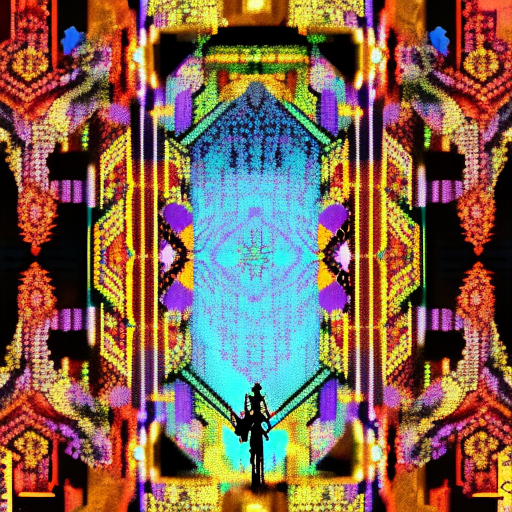One-line Summary:
The Satanic Verses is a controversial novel by Salman Rushdie that explores themes of identity, religion, and cultural clashes through the lives of two Indian actors who survive a plane crash.
Introduction:
The Satanic Verses, written by Salman Rushdie and published in 1988, is a complex and controversial novel that delves into the themes of identity, religion, and cultural clashes. Set primarily in London, the story follows the lives of two Indian actors, Gibreel Farishta and Saladin Chamcha, who miraculously survive a plane explosion. As they navigate their new lives, they grapple with their own personal demons, cultural dislocation, and the clash between the East and the West.
The Clash of Cultures:
The Satanic Verses explores the clash between Eastern and Western cultures, particularly through the experiences of Gibreel and Saladin. Gibreel, a Bollywood superstar, finds himself torn between his Indian roots and the allure of Western fame and success. On the other hand, Saladin, who has embraced Western culture, struggles with his own identity and the loss of his Indian heritage. Rushdie uses their stories to highlight the complexities and challenges faced by immigrants as they navigate between different cultural identities.
Religion and Faith:
Religion plays a central role in The Satanic Verses, as the title itself refers to a controversial incident in Islamic history. Rushdie explores the themes of faith, belief, and religious extremism through various characters in the novel. Gibreel experiences vivid dreams and visions that blur the lines between reality and fantasy, leading him to question his own sanity and faith. Additionally, the character of Ayesha, a young woman who claims to be a prophetess, attracts a following of believers, highlighting the power and influence of religious figures.
Identity and Transformation:
Identity and transformation are recurring themes in The Satanic Verses. Both Gibreel and Saladin undergo profound physical and psychological transformations after surviving the plane crash. Gibreel develops angelic qualities, while Saladin transforms into a grotesque, horned creature. These transformations serve as metaphors for the challenges of identity and the search for self in a multicultural world. Rushdie explores the idea that identity is not fixed but fluid, shaped by personal experiences, cultural influences, and the pressures of society.
Key Takeaways:
- The Satanic Verses explores the clash between Eastern and Western cultures and the challenges faced by immigrants in navigating multiple cultural identities.
- Religion and faith are central themes, with Rushdie delving into the complexities of belief, religious extremism, and the power of religious figures.
- Identity and transformation are explored through the physical and psychological changes experienced by the main characters, highlighting the fluid nature of identity.
“To be born again,” sang Gibreel Farishta tumbling from the heavens, “first you have to die.” – Salman Rushdie, The Satanic Verses
In conclusion, The Satanic Verses is a thought-provoking and controversial novel that delves into themes of identity, religion, and cultural clashes. Through the lives of Gibreel and Saladin, Rushdie explores the complexities of navigating multiple cultural identities, the power of faith and belief, and the transformative nature of personal experiences. This novel challenges readers to question their own assumptions and prejudices, making it a significant work in contemporary literature.












